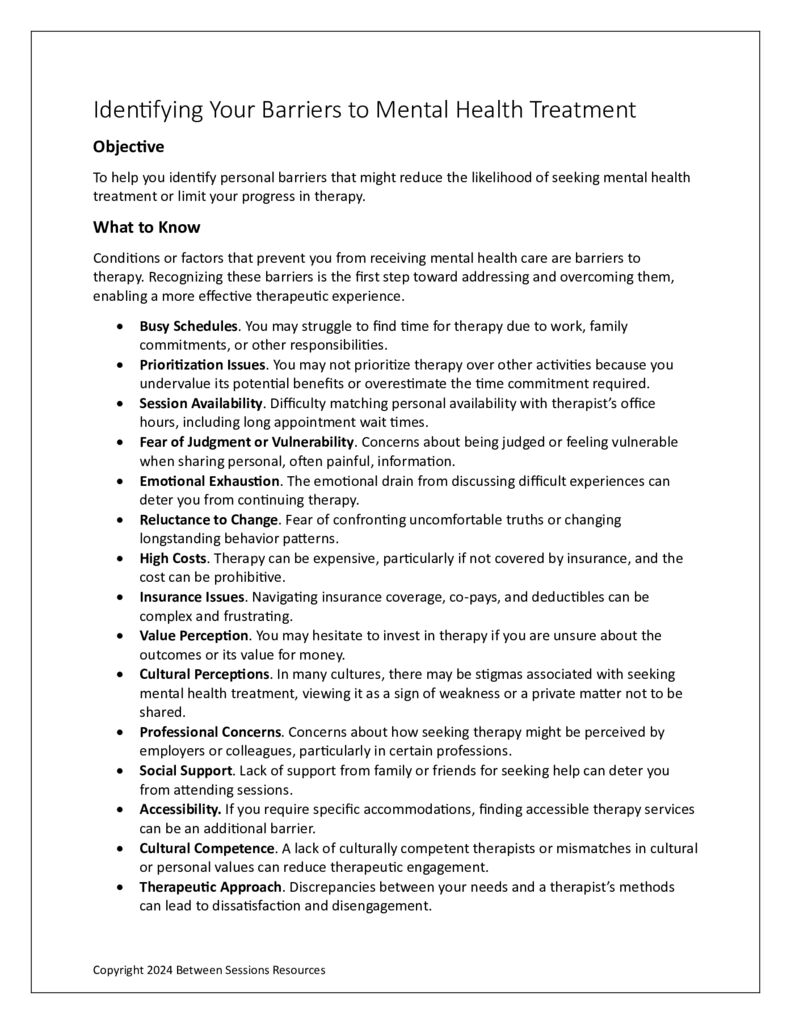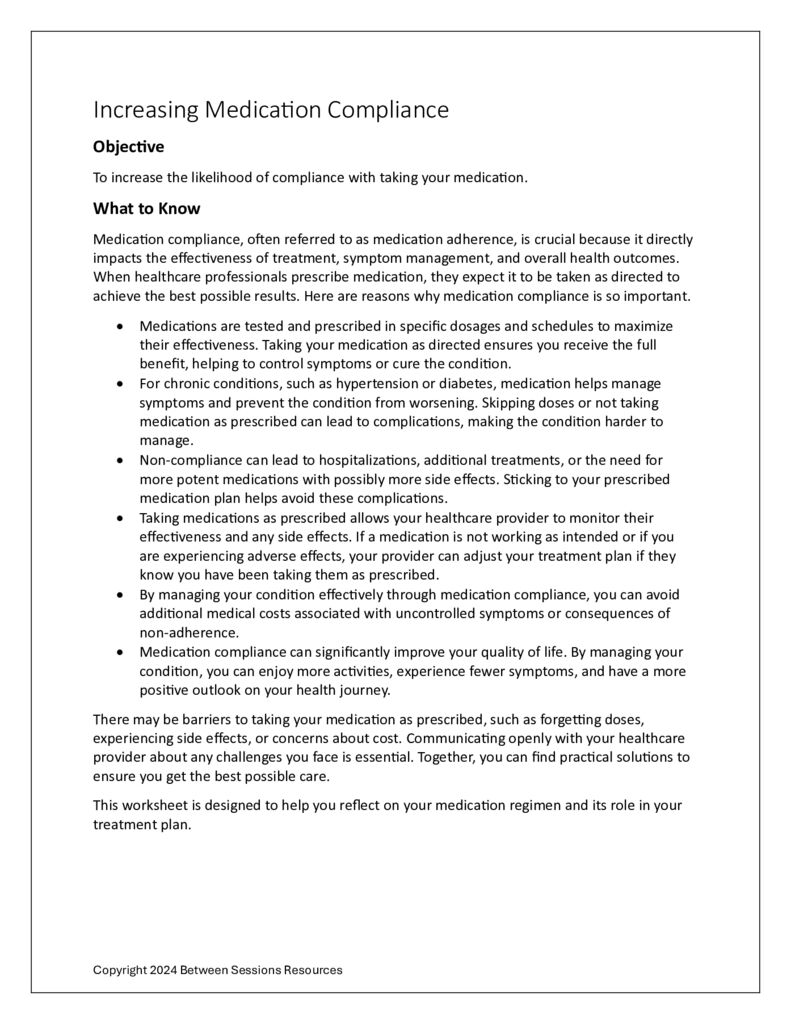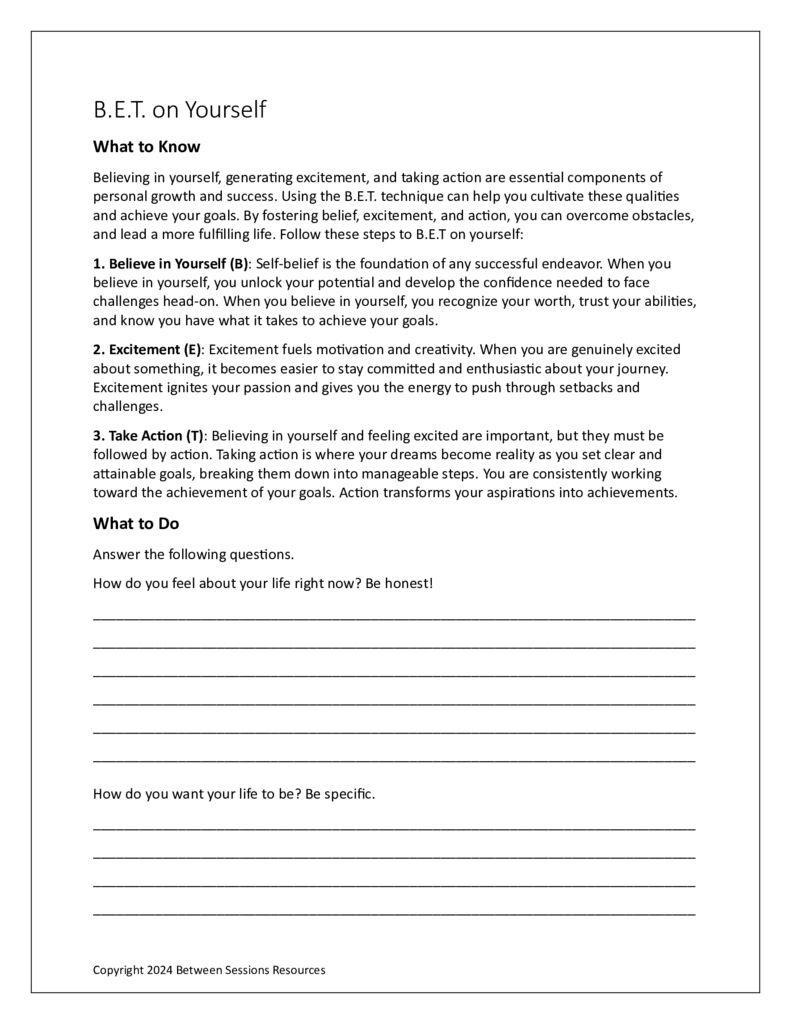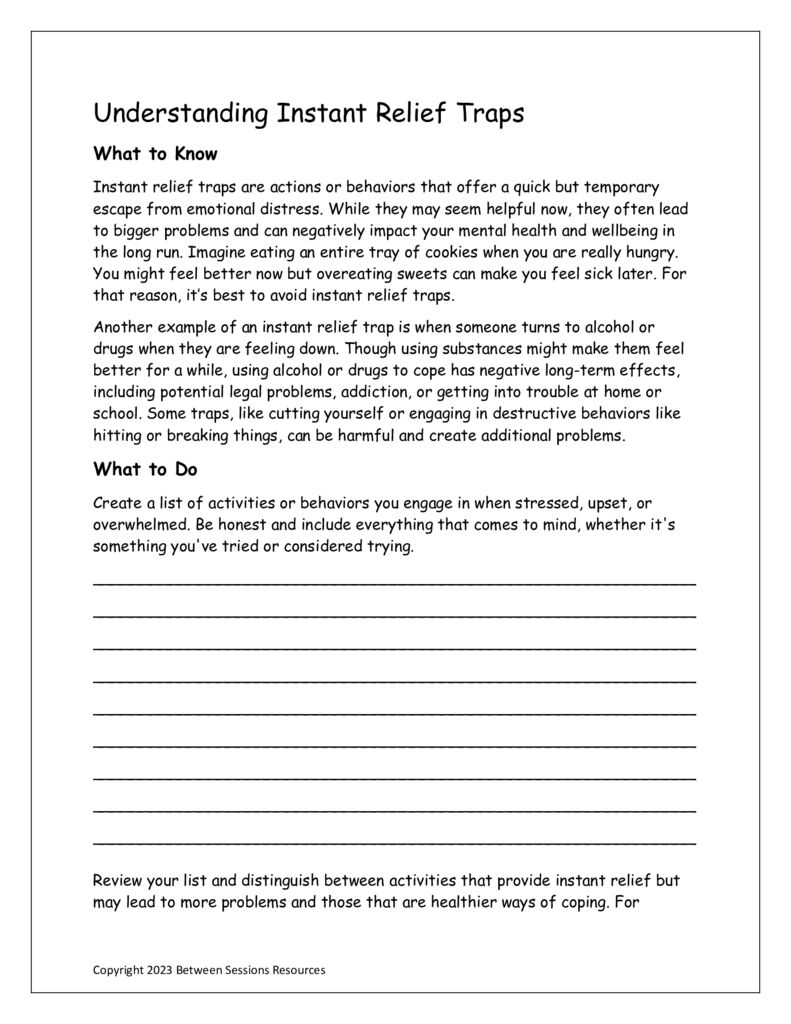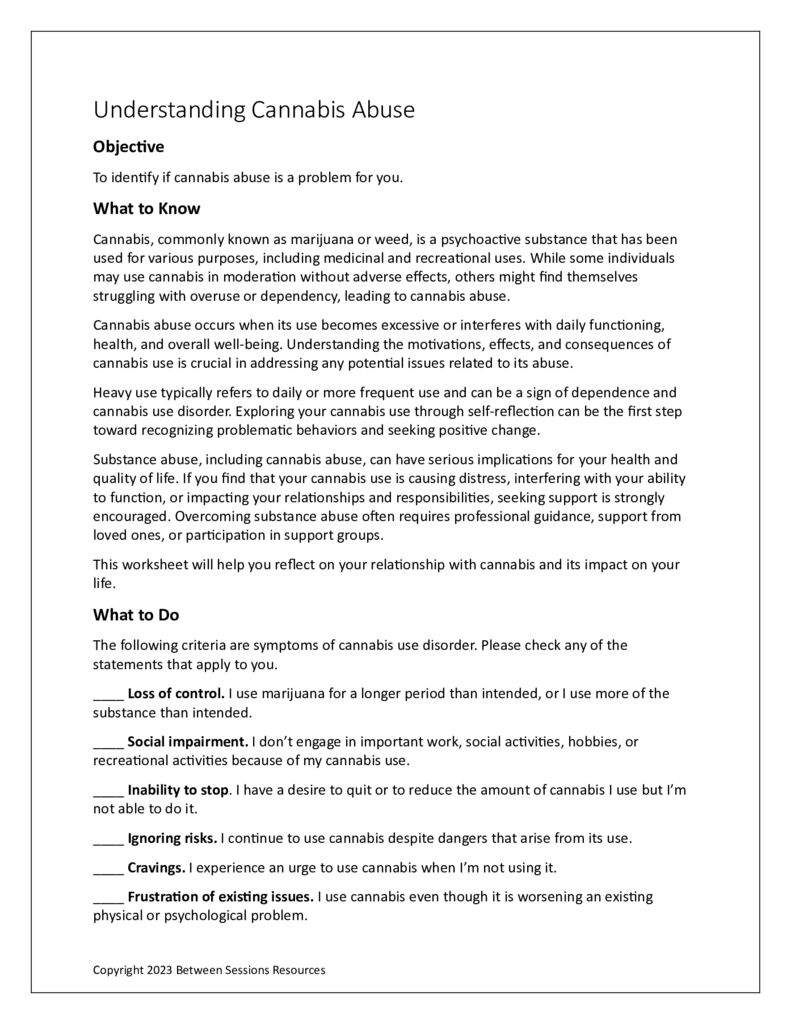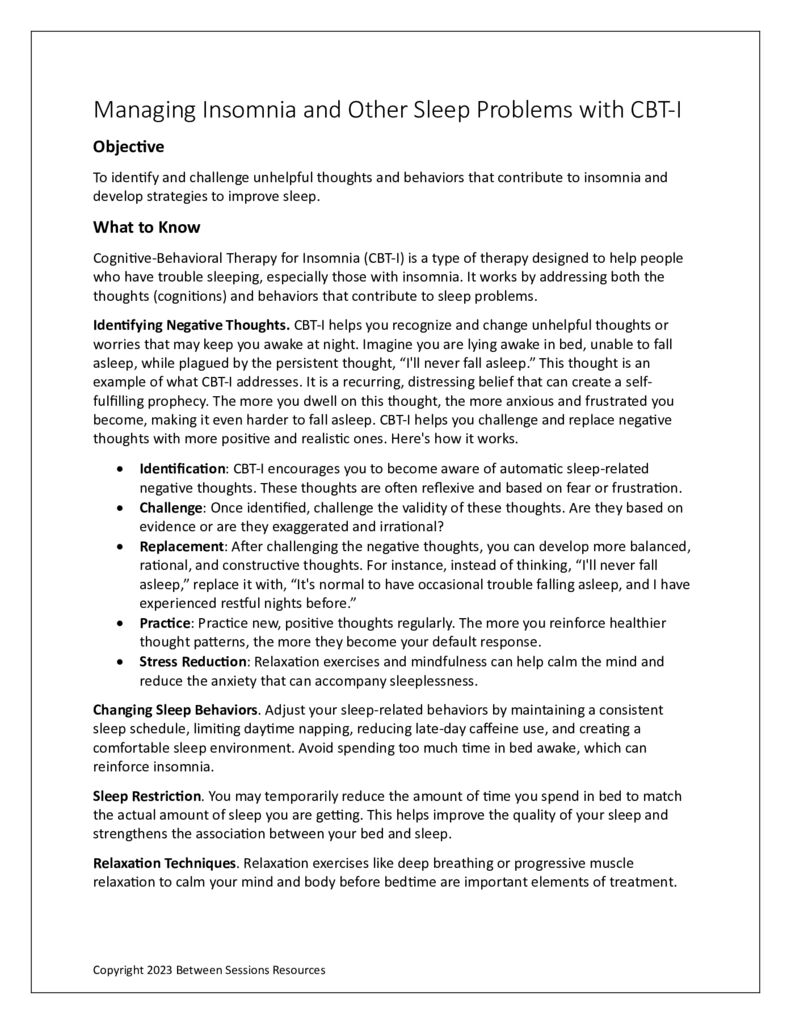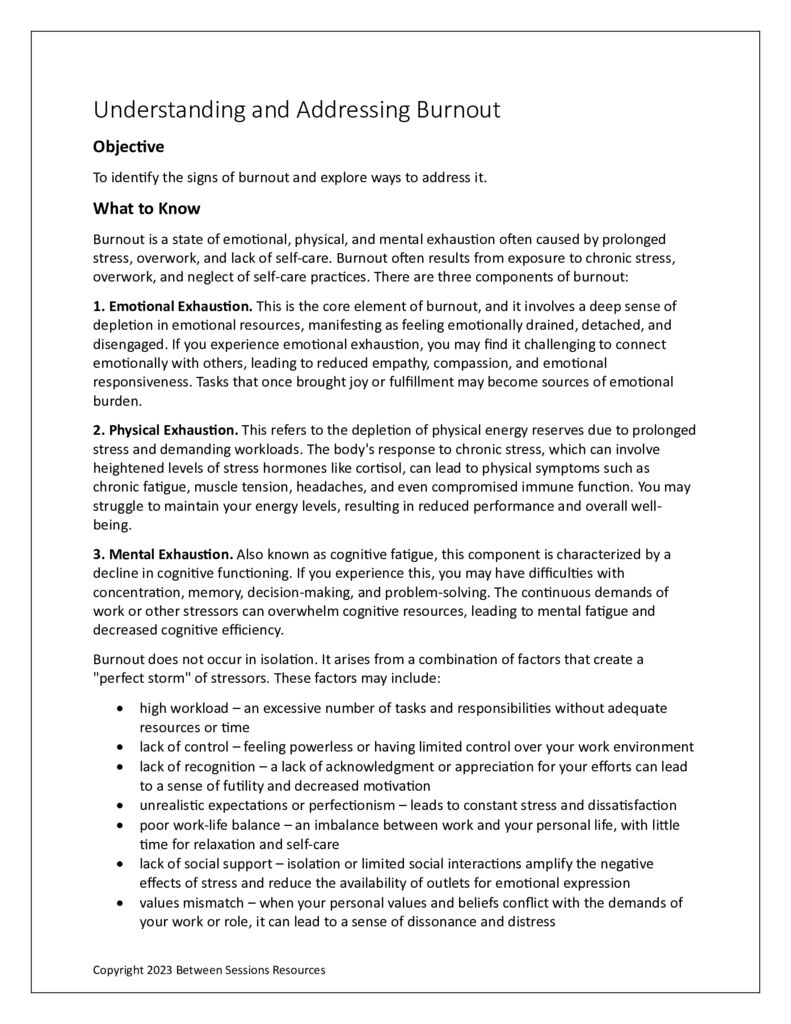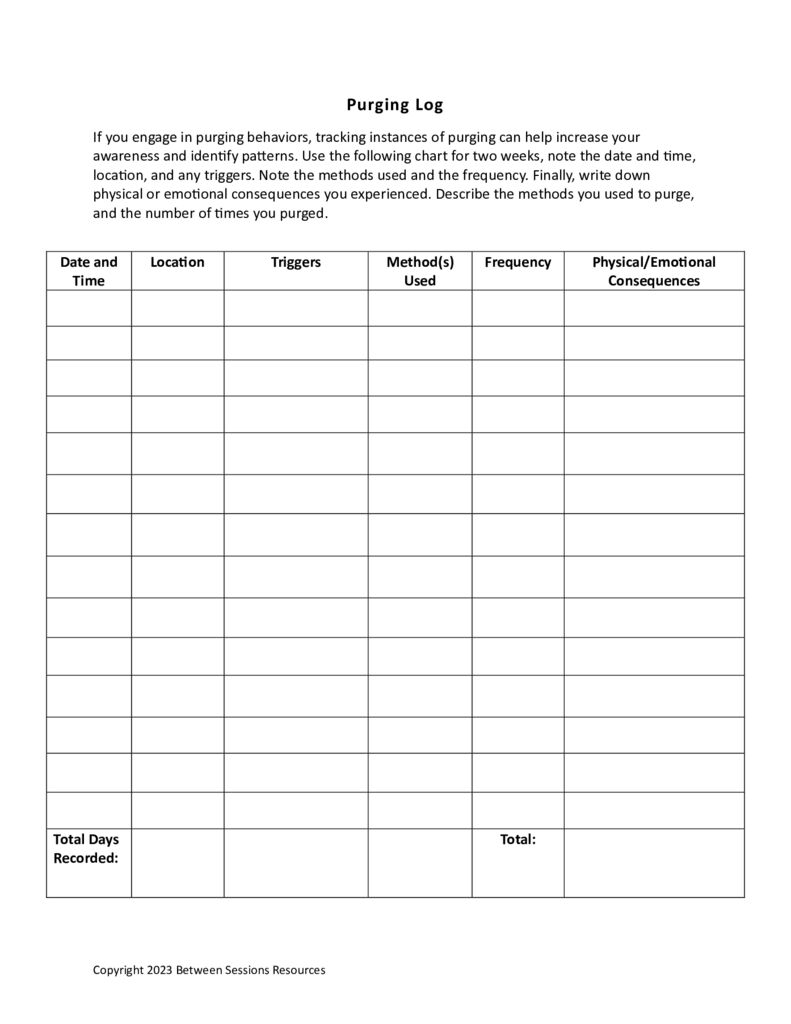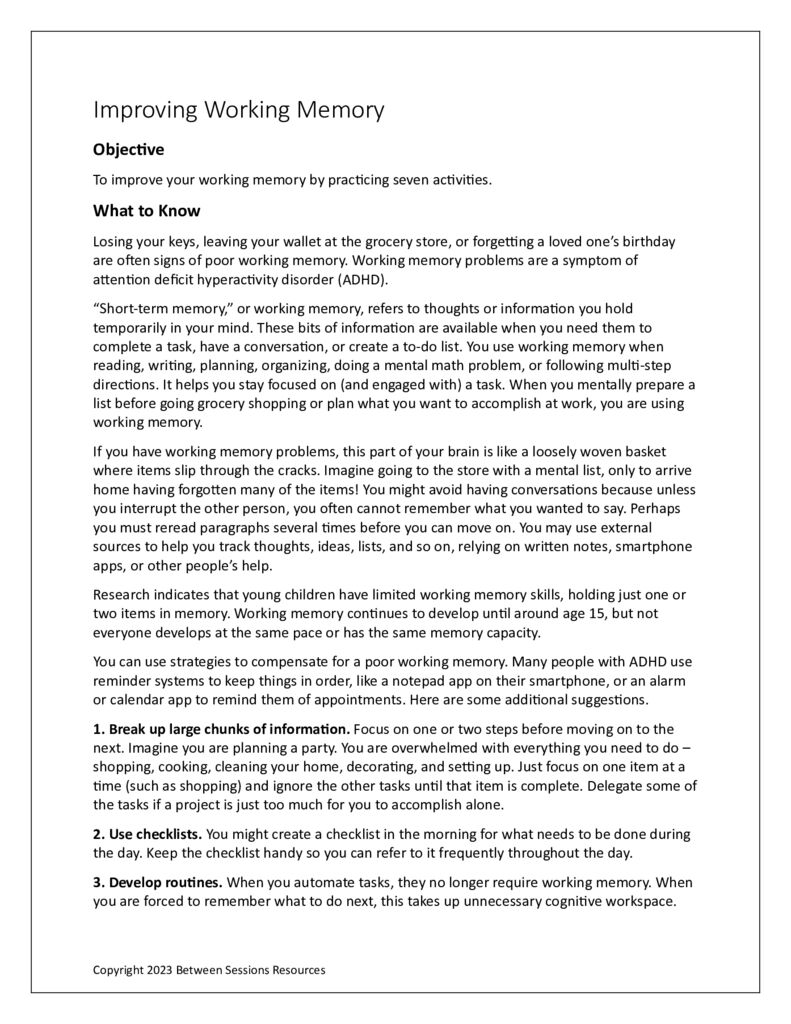This worksheet is intended to help people identify issues or concerns that might keep them from seeking help. These could range from the cost to a lack of social support, to busy schedules. People are then asked to consider how they might overcome these barriers. (0424. resistance, wellness)
As many as 50% of adults don’t take their prescribed medication correctly or at all. This leads to thousands of premature deaths and tens of thousands of people suffering from treatable conditions. This worksheet is designed to help people become more aware of the importance of medicine adherence as part of an overall wellness program. (0424. medication, side effects, compliance, wellness)
This journal is designed to support people throughout their cancer treatment journey, offering people coping with cancer a tool to help them organize their thoughts and track their experiences. This journal can assist people in addressing different facets of their journey, including emotional, physical, and practical considerations. Each page has dedicated sections designed to record essential information. (0224. cancer, treatment, oncology)
This worksheet discusses three components of personal growth: Believe in Yourself, Excitement, and Take Action. The worksheet is designed to help people explore their skills and strengths, develop a passion for their goals and dreams, and commit to specific steps to find new achievements. (0224. positive psychology, coaching, self-worth, self-esteem)
Instant relief traps are actions or behaviors that offer a quick but temporary escape from emotional distress. This worksheet helps people think about behaviors they do for instant release and if they are helpful or hurtful to their physical and/or mental health.
This worksheet is designed to help people determine if taking cannabis is affecting their daily functioning, health, and overall well-being. It includes a checklist of symptoms and a series of questions for people to reflect on the implications of cannabis use on their life choices. (1123, addiction, cannabis, habits, lifestyle)
CBT-I helps people recognize and change the unhelpful thoughts or worries that keep them awake at night. The worksheet gives people the five steps to overcoming the negative thinking that keeps them awake as well as sleep hygiene tips and a sleep log. (0923. sleep disorders, insomnia, CBT-I)
This worksheet explains the different causes of feelings of “burnout” and provides a checklist that helps people identify the physical, emotional, and behavioral signs that they are being affected by this problem. It goes on to help people identify where their stress is coming from and develop short and long-term goals to address the problems contributing to their burnout. (0823, work stress, family stress, burnout)
This log can be used by clients to help them become more aware of their purging, triggers, and physical and emotional consequences. (0623, bulimia, eating disorders, data collection)
This worksheet is designed to help people with poor short-term or “working” memory. It suggests 8 strategies to help people improve or compensate for poor working memory. It includes a checklist for people to identify if they have short-term memory problems and a chart to help them keep track of which strategies are most helpful. (0523, cognitive therapy, eldercare)

